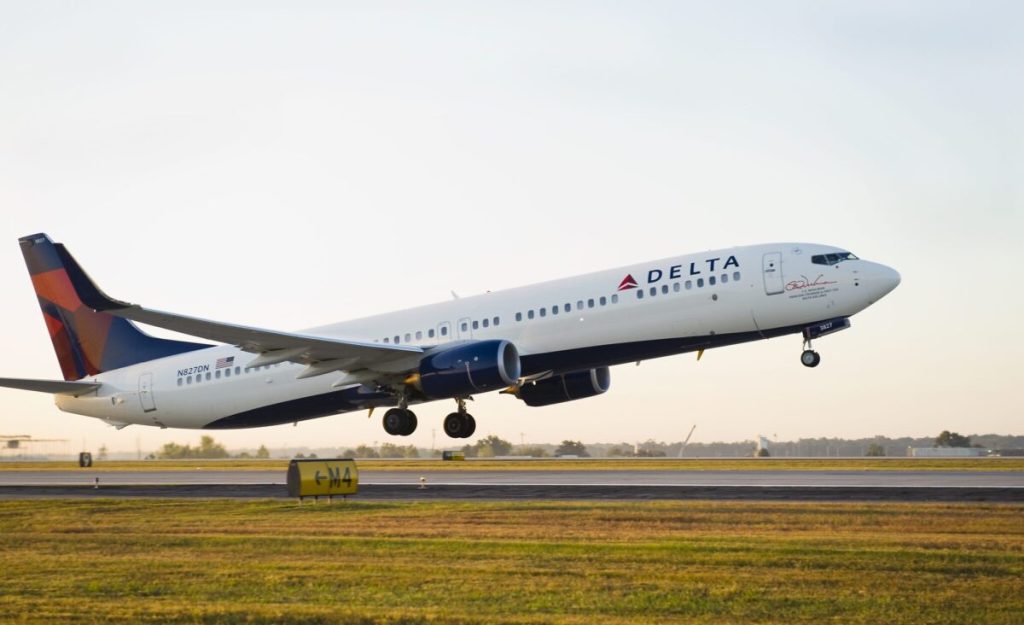Federal agencies are currently investigating whether airlines have devalued frequent flyer miles to make it more difficult for consumers to redeem award tickets. Transportation Secretary Pete Buttigieg expressed concerns regarding competition if findings indicate that airlines have operated their programs in a way that hinders smaller carriers from entering the market. The Department of Transportation announced its investigation in December, although no conclusions have been reached yet. The Consumer Financial Protection Bureau (CFPB) has found initial evidence of airlines and credit card companies devaluing points and miles, which impacts customers’ ability to redeem them for rewards.
At a recent hearing, the Loyalty programs and credit cards of the four largest airlines – American, Delta, United, and Southwest – were at the center of discussions. However, none of the Big Four airlines were present at the hearing. Instead, executives from Spirit, Allegiant, and Breeze, smaller ultra-low-cost carriers, were featured. Spirit’s chief commercial officer, Matt Klein, highlighted the challenges faced by low-cost carriers in entering new markets and competing against larger airlines with dominant loyalty programs.
The value of loyalty programs and co-branded credit cards is substantial for airlines, with United MileagePlus being valued at $22 billion and Delta generating $6.8 billion from its partnership with American Express. American reported that 65% of its revenue in 2023 was driven by AAdvantage members. According to Airlines for America, approximately 30 million Americans own a co-branded airline credit card, and 63% of total frequent flyer miles earned in 2022 were from airline credit card spending. Fierce competition exists within the industry for customer and credit card loyalty, with Senators Durbin and Marshall proposing legislation to curb fees charged by Visa and Mastercard, a move that A4A has lobbied against.
Amid concerns of airlines devaluing frequent flyer miles and hindering competition, Secretary Buttigieg stated that the DOT was still investigating the matter and had not made any definitive conclusions. CFPB director Rohit Chopra noted that airlines and credit card companies have the ability to quickly devalue points and miles, creating confusion regarding their true value and questions about fairness. The CFPB also found discrepancies in point valuation between the airlines and credit card companies, raising further concerns. Klein from Spirit emphasized the need for newer carriers to have access to airport infrastructure and slots to foster competition in the industry.
The hearing also raised concerns about the dominant market presence of the Big Four airlines, potentially hindering smaller carriers from competing effectively. While Southwest remained engaged with the Department of Transportation, Delta declined to comment, and American and United did not respond to requests for comment. In light of these issues, there is a call for greater transparency and fairness in loyalty programs and credit card practices to ensure that all carriers, including newer entrants and low-cost airlines, can compete effectively in the market. Airlines for America stressed the importance of maintaining competition in the industry while also pushing back against proposed legislation that could limit credit card loyalty programs. Ultimately, the investigation into frequent flyer mile devaluation and its impact on competition in the airline industry remains ongoing, with federal agencies working to address these concerns and ensure fair practices across the board.


